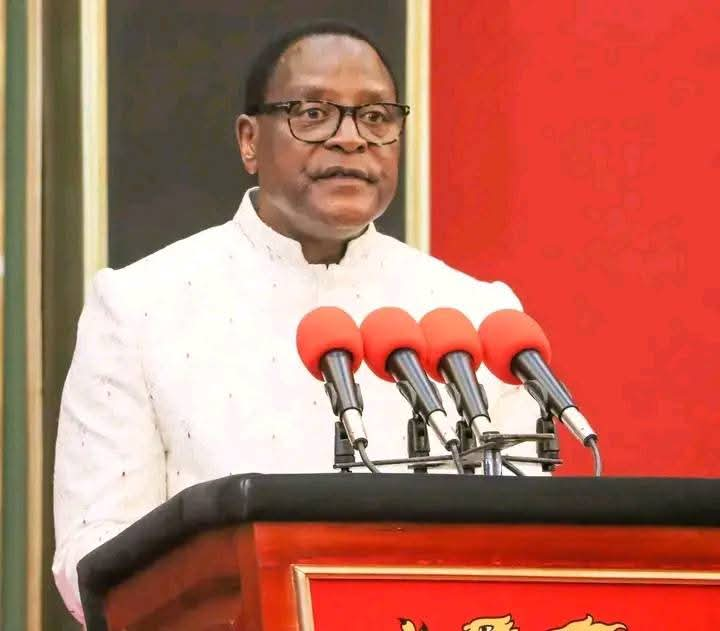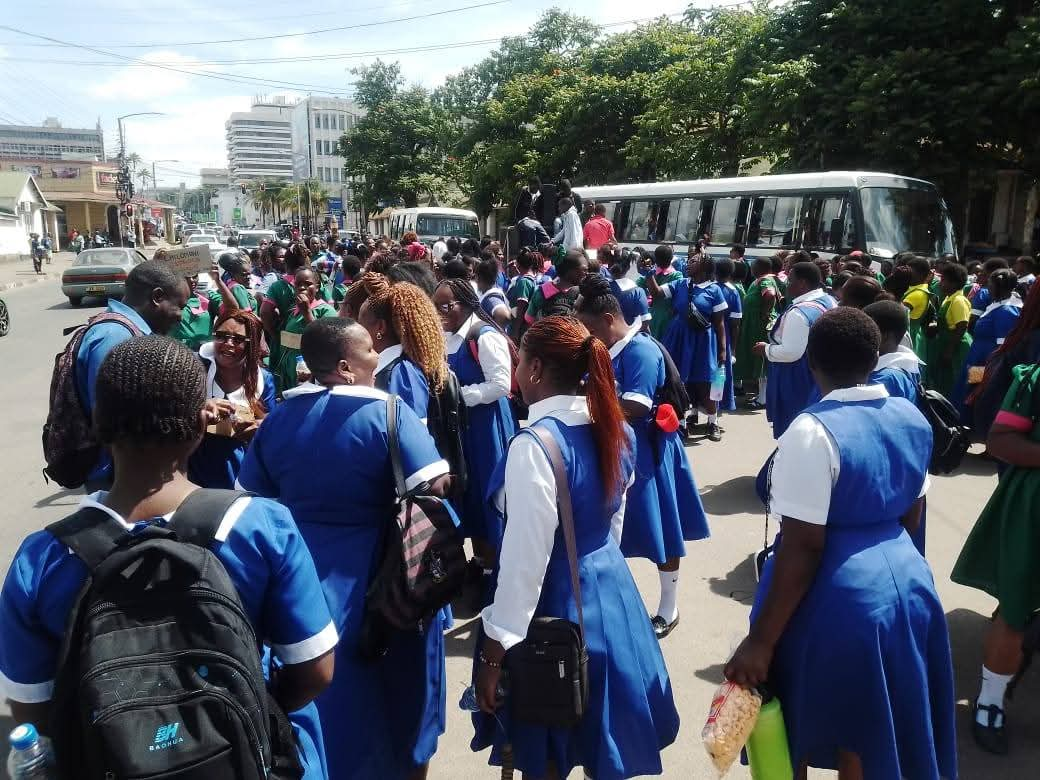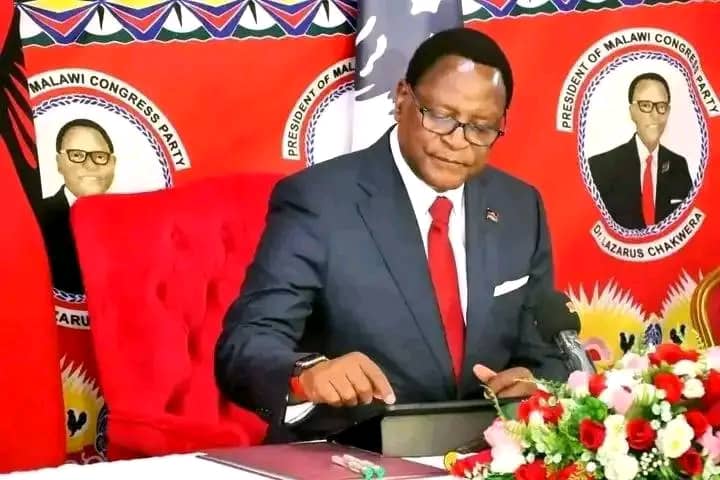By Suleman Chitera
The 2025 Malawi General Elections shocked many observers as the Malawi Congress Party (MCP), led by President Lazarus Chakwera, suffered a heavy defeat. Despite entering the race as the ruling party, MCP failed to secure broad support across key regions. This article investigates the root causes behind MCP’s electoral collapse and what it means for Malawi’s political future.
- Growing Public Dissatisfaction with the Economy
One of the biggest reasons MCP lost was widespread frustration over Malawi’s struggling economy. Many Malawians cited:
Persistent inflation and rising food prices.
Shortages of forex and fuel.
Limited job creation, especially among the youth.Peter Mutharika Says Chakwera Government Has Failed Malawians
These economic challenges weakened trust in MCP’s ability to deliver on campaign promises.
- Governance and Corruption Concerns
MCP’s image was further damaged by repeated allegations of corruption within government institutions. Opposition parties capitalized on this by portraying MCP as a party that failed to clean up the system, despite earlier promises of reform.Election unrest looms as Malawi’s smartmatic controversy deepens
- Weak Grassroots Mobilization
Compared to the Democratic Progressive Party (DPP), which maintained strong grassroots networks, MCP struggled to organize effectively at constituency level. Reports show that MCP’s campaign lacked visibility in rural areas, where most Malawians cast their votes.
- Failure to Maintain the Tonse Alliance Unity
The Tonse Alliance, which propelled MCP into power in 2020, was visibly fractured ahead of the 2025 elections. Key alliance partners such as UTM distanced themselves, leading to vote-splitting. This significantly reduced MCP’s chances in urban strongholds like Lilongwe and Blantyre.Peter Mutharika Promises to End Hunger and Build a Prosperous Malawi
- Opposition’s Strong Messaging
Peter Mutharika and the DPP managed to present a clear, united message that resonated with voters: a promise to restore economic stability and reduce corruption. This simple but powerful narrative attracted undecided voters and frustrated MCP supporters.
- Decline in Urban Support
In cities like Lilongwe, Blantyre, and Mzuzu, MCP performed far worse than expected. Many young voters who once supported the party expressed disappointment over lack of opportunities and infrastructure development.
Conclusion: Lessons for MCP
The 2025 elections proved that ruling parties in Malawi cannot rely solely on incumbency advantage. Economic hardships, governance failures, and weak political alliances combined to push MCP out of power. For MCP to rebuild, it must focus on grassroots engagement, economic reform, and genuine anti-corruption measures.




